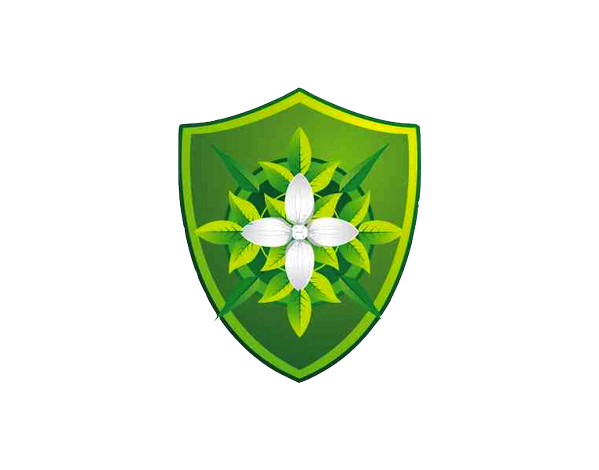Science 3 A/B
Segment A of Science 3 teaches students that organisms and their environments are interconnected, and that changes in one part of the system will affect other parts of the system. They also learn that plants have distinct stages in their life cycle, share common characteristics and make their own food using air, water, materials in the soil, and light energy from the sun. Some plants have special adaptations that allow them to live in specific areas. Animals, too, have distinct stages in their life cycle, share common characteristics and need light, water, and nutrients to live. Finally, they study the water cycle and learn that water exists in three states – solid, liquid, and gas, that water recycles through a water cycle, and that watersheds, rivers, wetlands, and oceans of the world are an interconnected system.
In Segment B of Science 3, students will discover that matter has observable and measurable physical properties, and that a force must act on matter to move it—either speed it up or slow it down. Energy exists in many forms and can be changed from one form to another (transformed) as it moves through a system. A force is required to change an object’s speed or direction. Finally, students will learn that the earth system changes constantly as air, water, soil, and rock interact, and the earth is a part of a larger sun, earth, moon system.
PRE-REQUISITES: None
ESTIMATED COMPLETION TIME: 32-36 weeks or approximately 125 – 135 hours
MAJOR TOPICS AND CONCEPTS — SEGMENT A
Organisms and Their Environment
Parts of an Ecosystem
What are Biomes
Transfer of Energy
Changes in Ecosystems
Endangered Species
Plant Growth and Development
Lesson 1: Plant Basics
Lesson 2: Plant Life Cycle
Lesson 3: Flowers
Lesson 4: Plant Reproduction
Lesson 5: Plant Adaptations
Animal Growth and Development
Lesson 1: Animal Classification
Lesson 2: Needs of Animals
Lesson 3: Life Cycles of Animals
Lesson 4: Organ Systems
Lesson 5: Animal Adaptations
Water
Lesson 1: Water
Lesson 2: Water Cycle
Lesson 3: Oceans
Lesson 4: Watersheds
Lesson 5: Energy from Water
MAJOR TOPICS AND CONCEPTS — SEGMENT B
Science and Matter
Lesson 1: What Is Matter and Where Do You Find It?
Lesson 2: Properties of Matter
Lesson 3: Classifying Matter
Lesson 4: Matter Changing and Chemical Reactions
Lesson 5: Classifying Other Properties of Matter
Movement and Matter
Lesson 1: Matter in Motion
Lesson 2: Measuring The Movement of Matter
Lesson 3: Forces and Motion
Lesson 4: Slowing Down
Lesson 5: Force and Acceleration
Energy is Matter
Lesson 1: Energy
Lesson 2: Energy Transformations
Lesson 3: Heat Energy
Lesson 4: Sound Energy
Lesson 5: Energy and Work
Matter and the Earth
Lesson 1: Earth
Lesson 2: Soil
Lesson 3: Properties of Minerals
Lesson 4: Rocks
Lesson 5: Weather Changes
